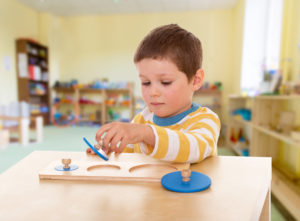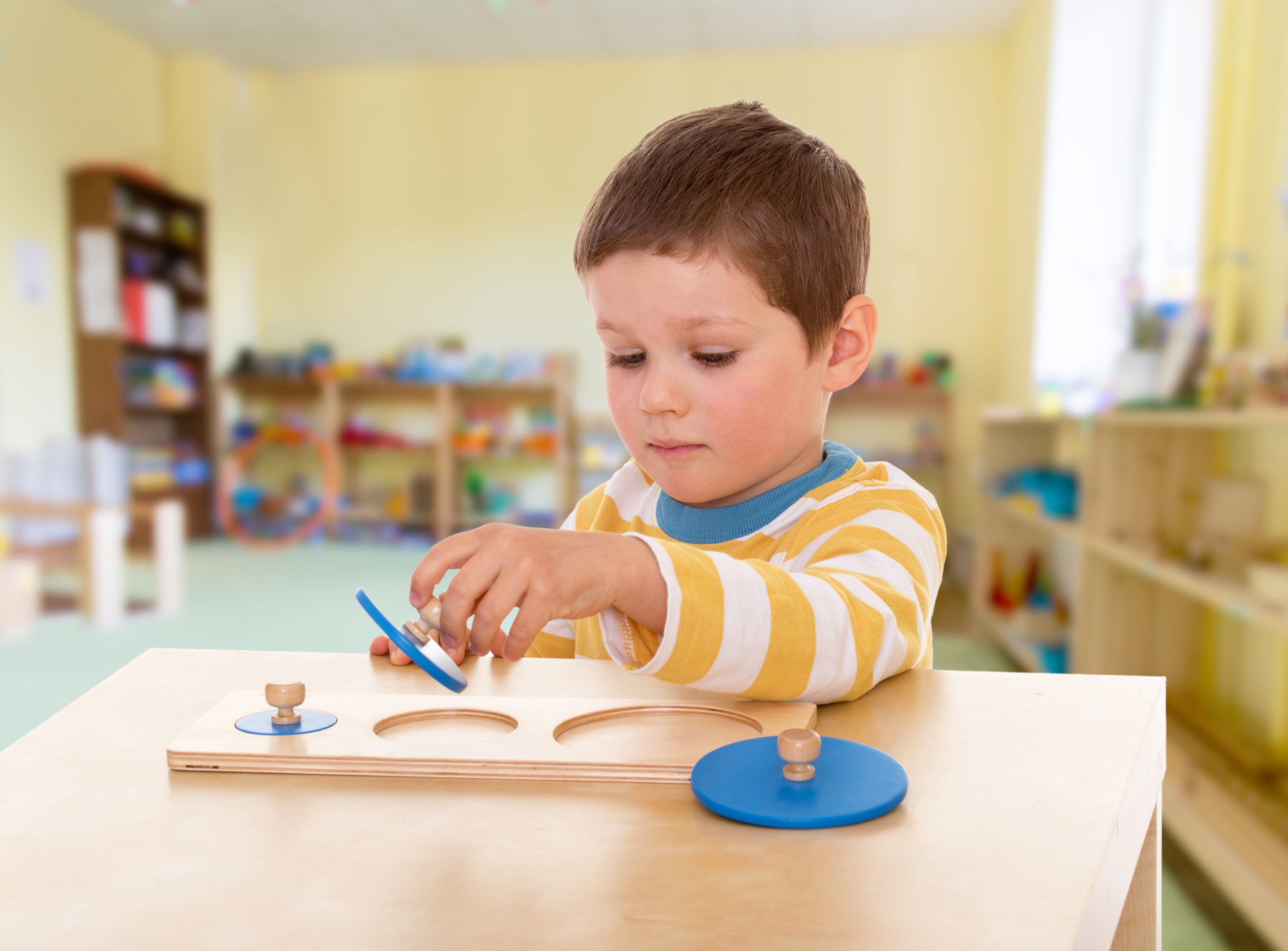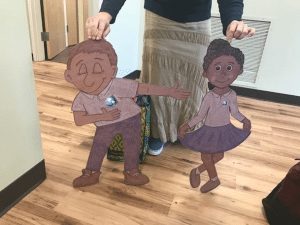Top 5 Questions to Ask When Touring Montessori Schools

“You should start looking at schools as soon as you know you’re pregnant!”, “That school has a year-long waitlist already” – have you heard your “parent friends” carrying on about this before? Seems a bit extreme, but many of these parents are accurate in finding a terrific school that you feel safe leaving your child at for the first time – can take a while. Once you have a few tours scheduled, familiarize yourself with these top 5 questions to ask when touring Montessori schools!
What safety features are in place?
Security cameras, coded-locked door systems, sign-in/out family codes, and even parent badges are becoming increasingly popular among all child-care providers. These types of features being installed seemed invasive a few years back when they were becoming more popular in classrooms – it was such a “weird” place to think to put a camera. Now, cameras and locked front doors are a no-brainer in almost every center. These features are in place to protect the teacher and the children in the unlikely event of an incident. Keep note: most schools will not allow parents to view the cameras 24/7 – this is a protection centers are legally required to provide to the children, for their privacy.
How does the school communicate to parents?
The most common trend is the use of an app. These apps allow parents to receive notes and photos of their children’s day at school. Most Montessori schools will provide daily updates for infants and 2-3 updates a week for toddler and preschool-aged children. No worries: you should be asked to fill out a permission form to share your child’s photo in newsletters and on social media if privacy is a concern. Keep in mind: for behavioral challenges, emergencies, and injuries the school should be calling you rather than using the app to inform you. Most schools also provide some form of a newsletter that reminds you of important events and shares photos. Be sure to provide the school with an email address that you are checking regularly.
What are the requirements for working here? What credentials do the Montessori lead teachers have?
Did you know preschool and kindergarten are NOT mandated in every state – or even in the majority of states? Because of this, centers that host children ages 6 weeks to 6 years old fall under “childcare law”. Every Montessori school is going to be governed by varying sets of state-created rules and regulations alongside organizations that provide annual checks on childcare centers to ensure that they are following safety guidelines, training requirements for staff, and are showing proper care to children. Additionally, Lead Montessori teachers should have a specific Montessori training credential or certificate for a specific age group.
Make sure: All staff members are CPR and First Aid certified, have 10+ hours of training required yearly, and that your child’s lead teacher is certified in Montessori from a training program. *Not all schools will be accredited or members of big-time organizations. These processes are rigid, very expensive, and take years to complete. An accredited school is one that has been around for a long time!
Do teachers use other languages during the day?
Most schools in modern education are going to offer some type of immersive experience throughout the day because Montessori teachers are trained to expose vocabulary in other languages. Common practices include counting in Spanish at circle time, using sign language with speaking and non-speaking children, or highlighting a new culture and language every month. But remember; finding bi-lingual teachers that also have a Montessori credential can be tough in some areas. So, do not discount a school that does not offer a foreign language, as it may not be authentic to their program.
How can I expect my child to be treated every day?
Now this answer, is one that will automatically, hopefully, make you feel immediate comfort at a center – or not. Everyone has goals, visions, desires, and dreams for how the first few years of their child’s life will be like. Knowing that a school aligns with your philosophy as much as possible is key. You should hope to hear responses like “your child will be treated as an individual”, “with respect”, “with love and care”, “as capable”, “as worthy”.


